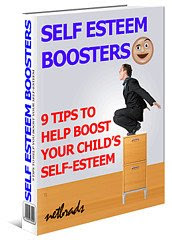In fact, a lot of experts' parenting advice says it is a good idea to be honest with your children about money - without going overboard. For instance, you could explain that they may have to wait longer to get that expensive toy because - like a lot of other families - you have had to deal with a lot of extra costs this year.
The key is to be open with the little ones without being scary. Make sure you are explaining things at an age-appropriate level and reassure them soundly that they should not be worried.Talking to your kids about financial struggles can be stressful, but there are also opportunities to use your parenting skills to yield some positive results.For example, has there ever been a better time to show your children - firsthand - that sound economic behavior such as spending within your means and saving for the future has benefit? And that delayed gratification can actually be rewarding?There is more to be cheerful about.
Many have suggested that as a result of the recession, hands-on parenting skills will become the norm, with families spending more time together and enjoying inexpensive and creative activities.Libraries, for example, have reported growing numbers of families using their services, particularly to attend story time and to check out DVDs and books.And in a holiday season in which retail sales are dismal at best, sales of family-centered video games - such as those for the
Nintendo Wii platform - are managing to grow, while traditional board games remain resilient.It just goes to show that with good parenting skills and the right attitude, your family can grow strong enough to withstand any financial storm.
By: Sarah Beldo





